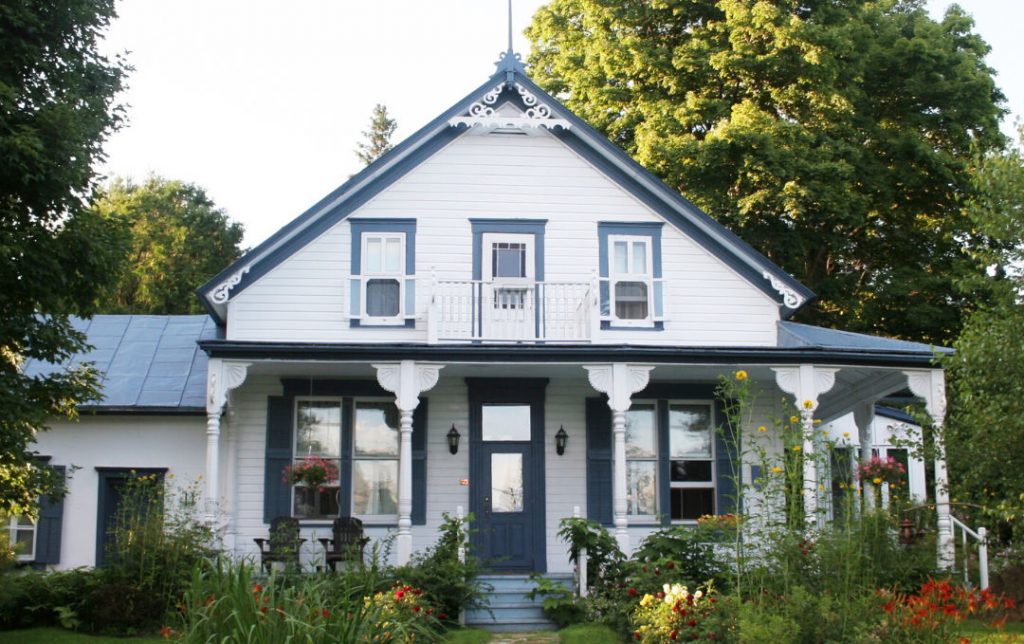Real estate investors thrive on below-market priced homes. That’s how they make their best profits, build their network, and lay the groundwork for the next one. When you look at the market, though, you’ll see many terms including pre-foreclosure and foreclosure properties.
What’s the difference between the two and which one is a better deal?
Jump To
What are Pre-Foreclosure Homes?
The pre-foreclosure phase, as the name suggests, occurs before foreclosure. As soon as the lender sends the Notice of Default, which occurs when the borrower is 90 days late, the pre-foreclosure phase begins. The homeowners may still occupy the property and can get current on their home loan during this time.
Homeowners in this phase are often willing to accept a cheaper price for the home as long as they can pay their mortgage off in full. Foreclosure is the worst thing that can happen to their credit, so most will do what they can to avoid it altogether.
How do you Find Pre-Foreclosure Homes?
Each state differs, but you can typically find pre-foreclosure listings at any of the following:
County court – Some states offer the Notice of Default listings online, while others require you to view the records in person
Newspapers – The Notice of Default is a legal notice that gets published in the local newspaper. You can get the name of the title company from the newspaper and contact the title company for more information.
Real estate websites – Sites like Zillow and Redfin often list pre-foreclosure sales, but you must manually search for the listings.
Bidding on a Pre-Foreclosure Home
Bidding on pre-foreclosure homes requires plenty of skill and patience. Remember, you’re dealing with homeowners about to lose their home. Some may want to keep it, frantically looking for financing options, while others just want to get rid of it and avoid the foreclosure process as much as possible.
Do your research to determine the home’s status. Are you bailing a homeowner out so that they don’t face foreclosure? Are you buying the home before it hits the foreclosure stage and gains more interest so you can flip it? Knowing the homeowner’s motivation will help you choose the right bid.
What are Foreclosed Homes?
Foreclosed homes or real-estate owned properties have passed the pre-foreclosure stage and are now bank-owned. Banks want to sell the home as fast as possible, as it does them no good to sit on their inventory. Most real-estate-owned properties list below market value, so they sell fast.
Many foreclosed homes are in a distressed state, though. Once the bank owns the home, buyers typically can’t see inside the home. Even if you can, the bank sells the home ‘as is;’ they will not make any repairs or renovations. The cost to renovate the home should be a part of your calculations as you figure out how much profit you’ll make after buying, renovating, and selling the home.
How do you Find Foreclosed Homes?
Finding foreclosed homes is a little easier than finding pre-foreclosure properties. You can use any of the following ways:
Hire a real estate agent – The MLS contains listings of many foreclosures, giving realtors first-hand knowledge of them.
Bank websites – Some banks list their REO properties right on their websites.
Auction listings – If a foreclosure doesn’t sell before the auction date, it will go up for auction, which usually means more competition and cash payment on the spot.
Internet listings – Foreclosure listing companies offer paid-subscriptions to their foreclosure listings.
Bidding on a Foreclosure
If you find a foreclosed property before it goes to auction, you bid on it like you would any other property, but rather than bidding to a homeowner, you bid to the bank. The bank typically just wants to make back the amount that the homeowner owes them.
If the sale gets to the auction stage, you must register to attend the auction. As a part of the registration process, you must prove that you can afford to pay the full price in cash or that you have loan approval ready to go at the auction. At the auction, they may require you to put down a deposit for the right to bid. If you don’t win the bid, you receive your deposit back.
Final Thoughts
Choosing between a pre-foreclosure and a foreclosure property is a matter of how much work you want to put in to find the home; the amount of work you’re willing to do to the home; and what you can afford. Both options create the potential for profit when you do the proper research and bid accordingly.

